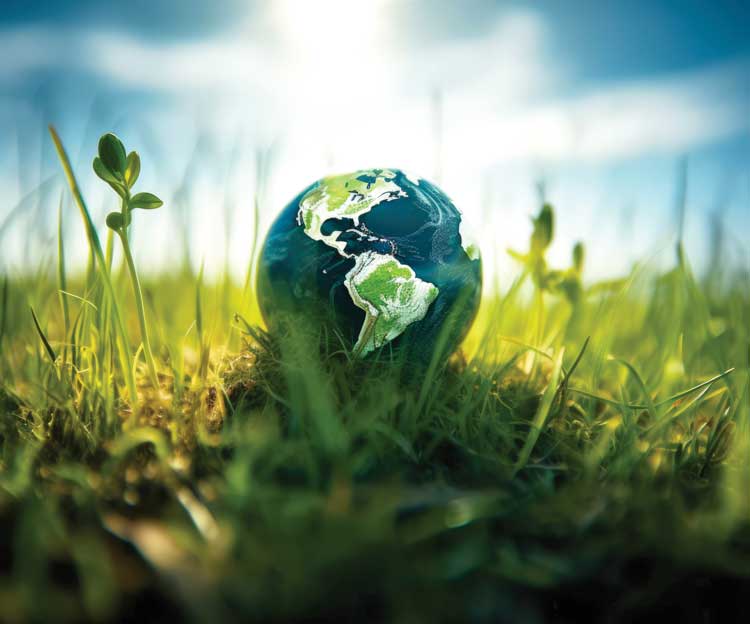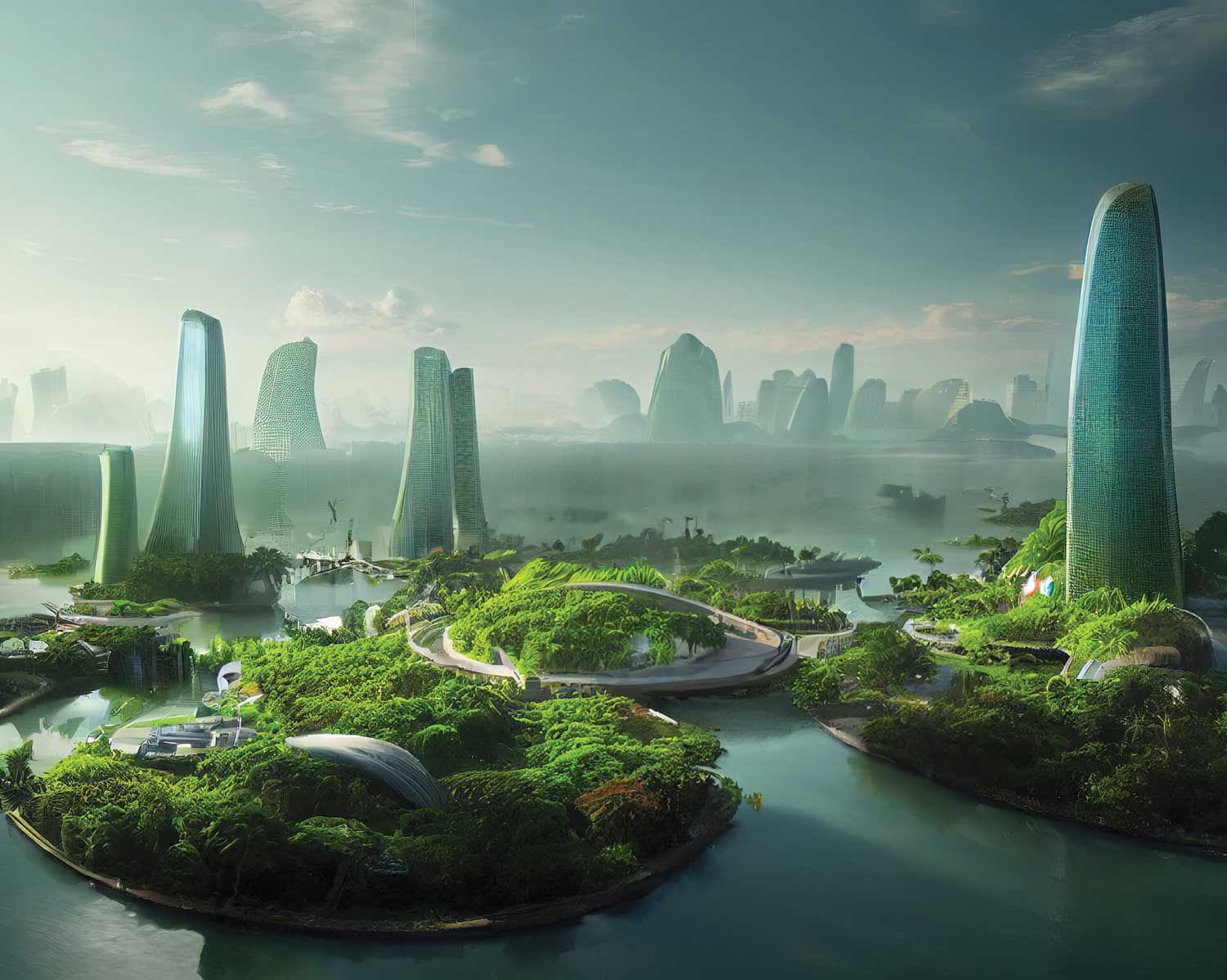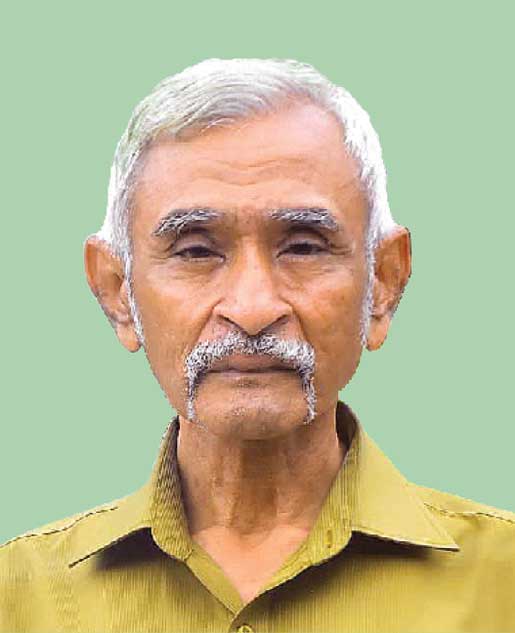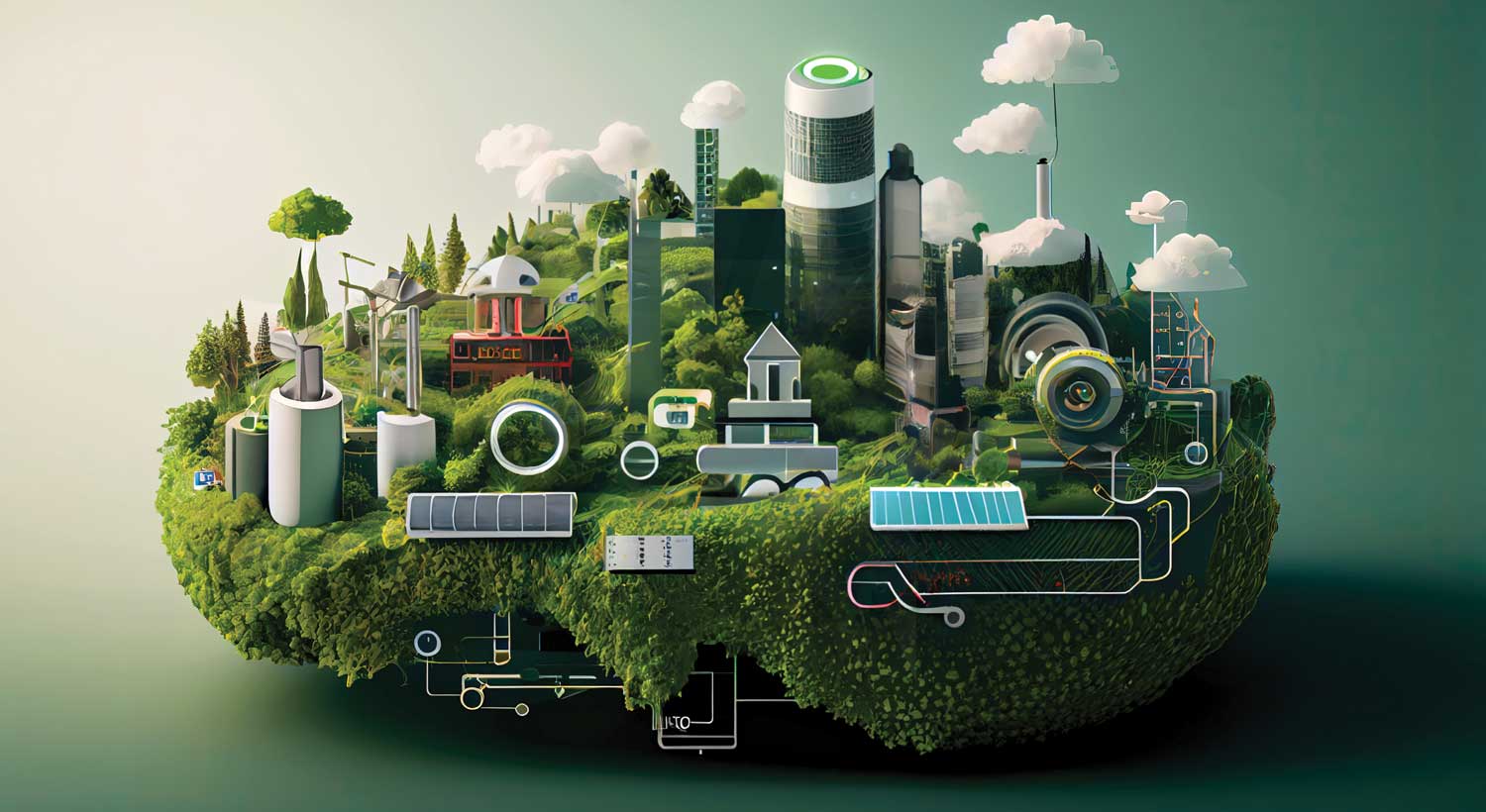SUSTAINABLE ENVIRONMENTALISM
The Long View
Dr. Jagath Gunawardana discusses the health of the environment, immediate concerns and legal challenges
“There are four key issues that Sri Lanka faces in terms of immediate environmental concerns,” notes lifetime environmentalist Dr. Jagath Gunawardana.
He continues: “The first is the destruction of its habitats and the consequent loss of biological diversity. Next is the issue of pollution. Third is alien invasive species entering the country and fourth is the short-term or shortsighted way in which we use our natural resources.”
As a life member of the Young Zoologists’ Association of Sri Lanka – a voluntary organisation dedicated to the conservation of biological diversity – he is dedicated to using his limited time here to protect the Earth for the next generation and recommends that all of us do the same.

“First and foremost, policies and practices have to be changed, and approached with a new perspective to do what is best for the country, rather than applying the age-old way of thinking. We still maintain the mindset of the 19th and early 20th centuries.” he comments.
Offering examples of this mindset, he points to Sri Lanka’s exporting of raw material, its failure in harnessing the talents of its people in producing innovations and the country’s continued use of the model of education inherited from the British.
“Policies and practices have to be changed, and approached with a new perspective to do what is best for the country, rather than applying the age-old way of thinking
Gunawardana is of the opinion that everyone is responsible for changing minds and the way the next generation is educated, which is needed for effective policy changes.
“As I see it, positive policy changes come from people who can think for themselves. The scenario is such that we will change, perish or remain raw material suppliers to other parties,” he says, urging everyone to take a stand.

He notes that corporate Sri Lanka also has a role to play in protecting the environment: “Companies are staffed by people and environmental concerns affect all of us regardless of our occupations. According to the provisions of Article 28 of Sri Lanka’s constitution, everyone has the right and responsibility to protect the environment. As even the corporate sector is bound by the constitution, it has an obligation to protect the environment.”
“If science doesn’t factor into the policy-making arena, lawmakers will be at a loss because we base everything on evidence produced through scientific research
He is adamant that honesty, transparency and a long-term commitment are vital to making lasting changes to the environment and avoiding greenwashing: “There are many corporates that disguise profit making ventures as environmental protection services. Similarly, there are others seeing the benefits of protecting the environment and are honest in their operations. We need to learn to distinguish between the two.”

In terms of legal challenges hindering environmental development, Gunawardana believes that the law is a tool at our disposal.
“The law is never a hindrance but there should be new laws to deal with the new challenges that we face. Sri Lanka’s laws should be viewed in a constructive manner,” he says.
Referring to new challenges in the present macroeconomic scenario, the former Head of Legal and board member of Environmental Foundation (EFL) states: “There are many side issues stemming from the main ones I outlined. For example, biological diversity faces serious threats from genetically modified organisms so we need to learn to control them.”
“We cannot sell our future for the sake of the present… we need to take appropriate short-term steps in the right direction to facilitate the long-term process
“There are many new pathways and avenues that could be opportunities if we look at them in a holistic and constructive manner, or threats or challenges if you realise their true potential,” he points out, asserting that “it is up to us to perceive them in the correct manner.”
Gunawardana addresses the gap between science and policy-making, which can impact political decisions: “In policy- making, science has to work with the law. If there is a gap, both sides will be adversely affected. And if science doesn’t factor into the policy-making arena, lawmakers will be at a loss because we base everything on evidence produced through scientific research.”
“If this knowledge is not shared with policy makers, the process will be hampered,” he cautions.
Continuing with this topic of discussion, Gunawardana offers his views on the impact of recent policies on the environment: “Two successive governments have been working to mitigate the prevailing economic crisis in the country. Their policies have become rather myopic because it seems they are largely thinking of the short term.”
“For example, selling something as a raw material without adding any value or lending it to foreign entity is not the best course of action,” he asserts, adding: “In today’s technologically advanced world, we can utilise many technologies for our own development.”
In his concluding remarks, Gunawardana stresses the need for adopting a long-term perspective: “We cannot sell our future for the sake of the present. As such, we need to take appropriate short-term steps in the right direction to facilitate the long-term process.”






